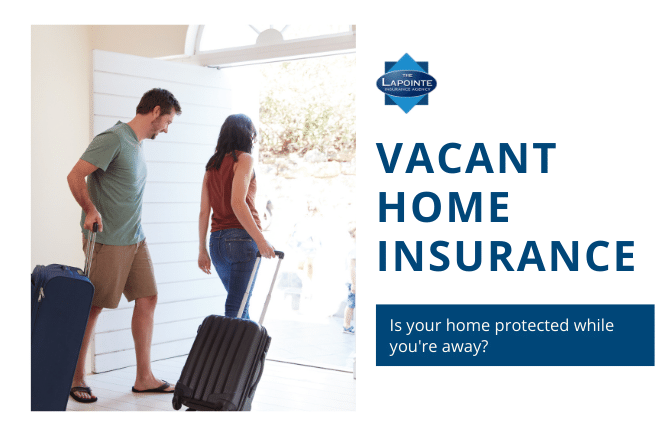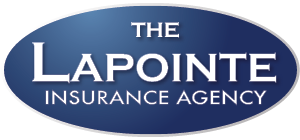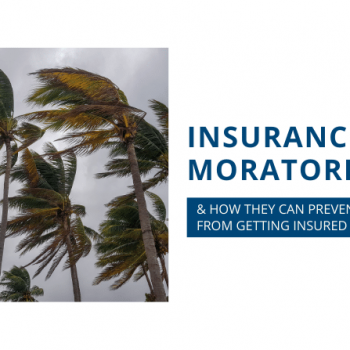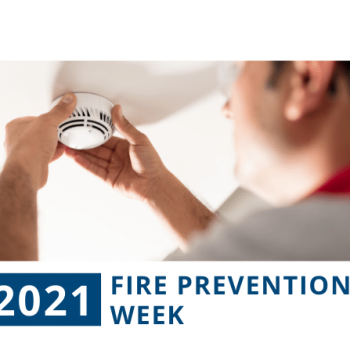Vacant and Unoccupied Home Insurance
- Posted by Daniel Simcock
- On September 23, 2021

In this article, we’ll describe vacant or unoccupied home insurance: what is it? And who is it for?
Key Takeaways
- Standard homeowners insurance will not cover claims for unoccupied and vacant homes.
- Insurance companies often define a “vacant” home as any residence that has been left unoccupied or left alone for 30 days or more.
- Unoccupied or vacant home insurance is a special type of insurance designed to protect homes that are uninhabited. This specialty insurance is usually more expensive than standard homeowners insurance by 20% to 50%.
There are many reasons why you, as a homeowner, may leave your home unattended for a long stretch of time. Perhaps you’re on vacation or constantly traveling for weeks at a time. Perhaps you’ve purchased a home, but aren’t ready to move in. Or maybe your house is being renovated and you’re living elsewhere.
Regardless of your reason for leaving your home alone, there is one important question you should consider. If there is an accident or damage to your home while you’re away, will your home insurance cover it?
The truth is: Standard homeowners insurance will not cover claims for unoccupied and vacant homes.
The reason for this is because vacant homes pose a greater insurance risk than occupied homes. Here are a few examples of common risks associated with occupied homes:
- Slower response times by the fire department in the event of a fire.
- Unreported water damage gets worse when not addressed immediately.
- Increased chance of robbery or break-in while a home is left vacant.
It’s clear that without regular care, maintenance, and oversight, an absent home is more likely to experience the full brunt of accidental or incidental damage.
Insurance companies often define a “vacant” home as any residence that has been left unoccupied or left alone for 30 days or more.
It’s important to note that the definition or the duration may vary from company to company. When classifying vacant homes as unoccupied, insurance companies often consider the amount of personal property left at a residence. A home that is not functionally livable and furnished may not qualify for vacant home insurance. This is because it is more likely to be abandoned indefinitely by the property owners.
Unoccupied or vacant home insurance is a special type of insurance designed to protect homes that are uninhabited.
Vacant home insurance is purchased as a separate policy or as an additional coverage on your existing policy. Most insurers will impose this coverage for a fixed amount of time, so that you’re not overpaying.
Vacant home insurance can be 20% to 50% more than standard home insurance.
This is because homes that are unoccupied are considered “riskier” to insure than homes that are occupied. Additionally, vacant home insurance may come with a special deductible, usually a percentage of the costs associated with a claim.
How To Prevent Damage While Your Home Is Left Vacant?
If you’re worried about damage to your home while you’re away, have no fear. Here are 3 things you can do to help protect your home.
- Have someone watch and care for your home: Perhaps you have someone who wouldn’t mind house-sitting. Or, perhaps you have a friendly neighbor who can keep an eye out for any damage..
- Before leaving, “close” your home. You can have your pipes and electricity turned off for periods of time while you’re away, to prevent burst and frozen pipes, or electrical hazards.
- Install monitoring systems to prevent burglary, fire, and drastic water leaks.
We hope we’ve helped you better understand unoccupied and vacant home insurance. And now we’d like to turn it over to you. Did you learn something new from this article? Or do have a question about your homeowners policy? Leave a comment below or contact us at info@lapointeins.com.


